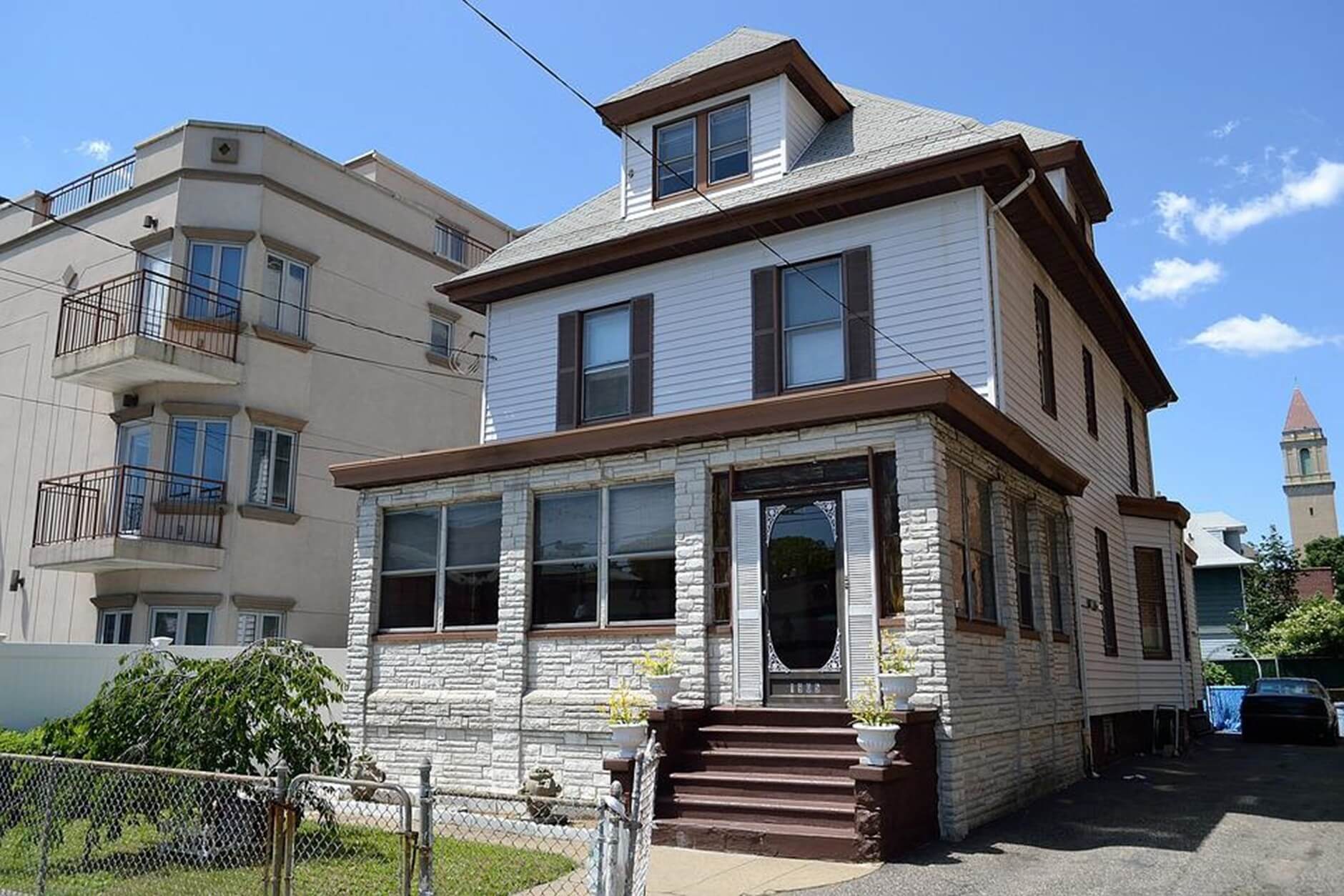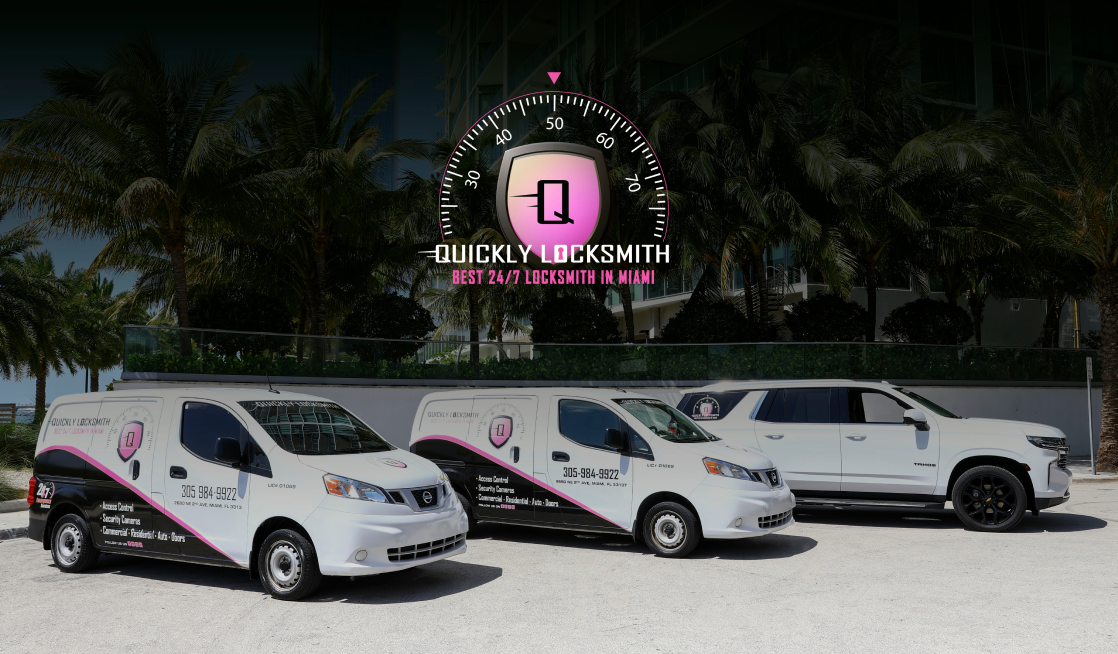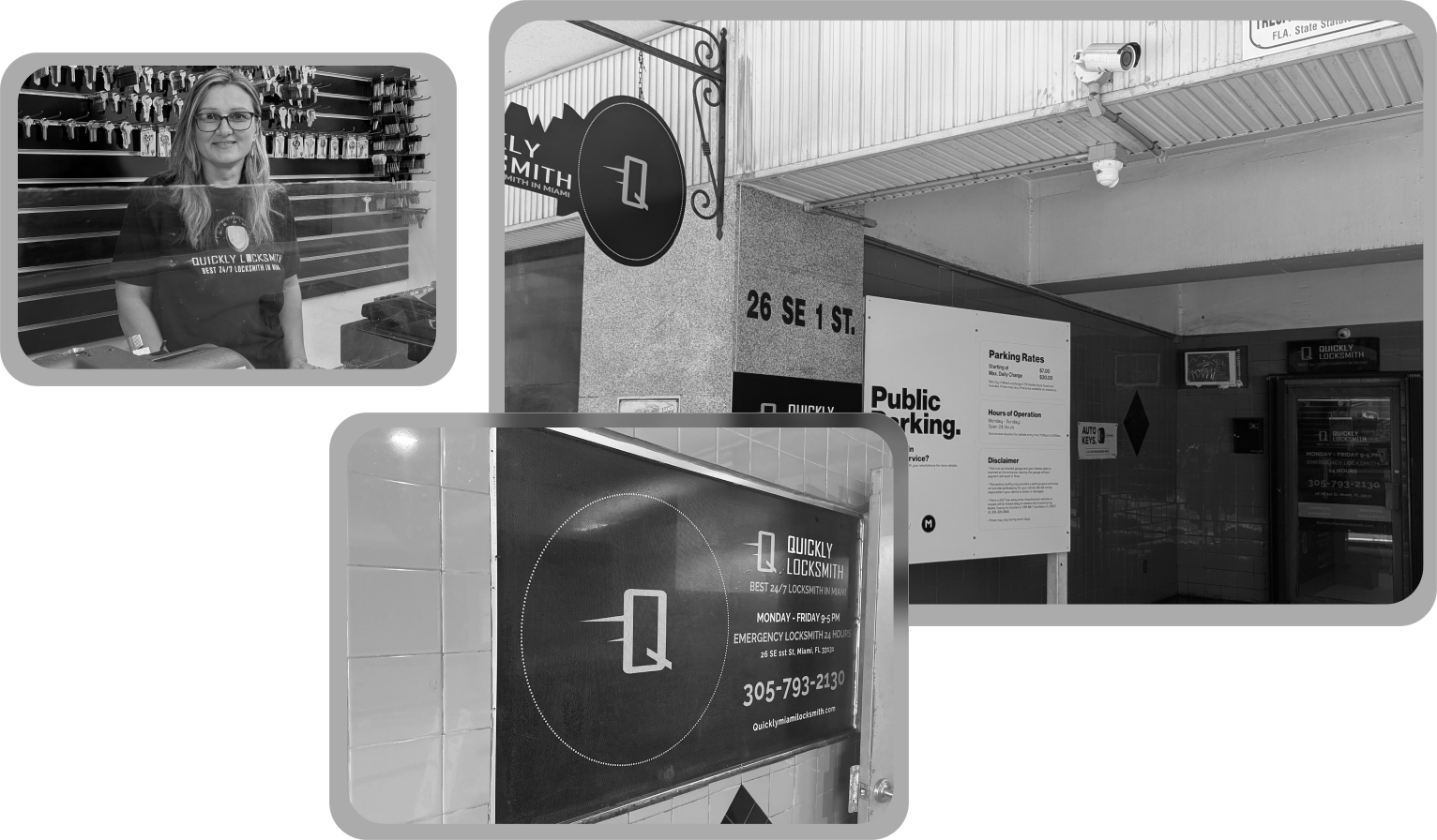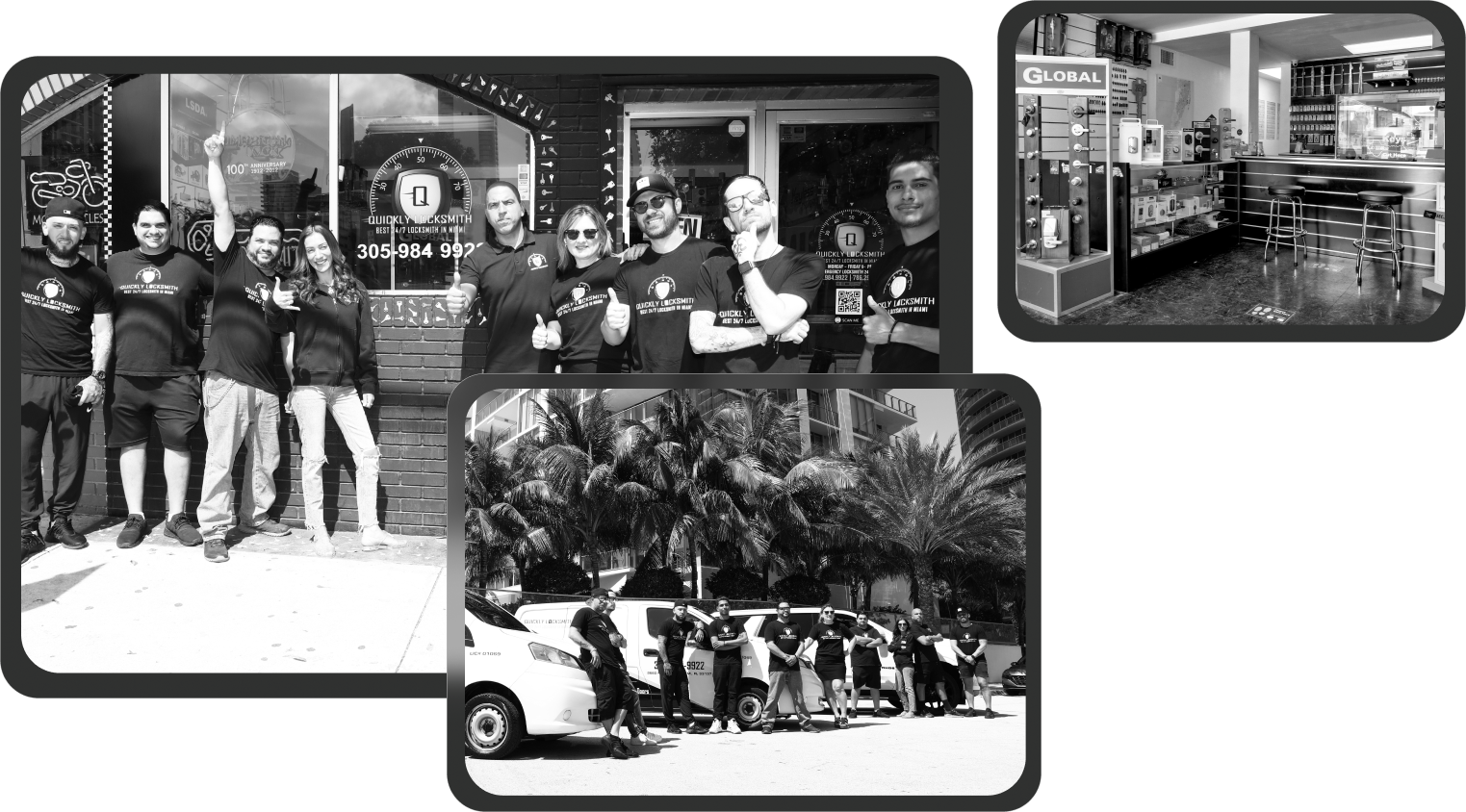
The locks on your home are meant to keep you and your belongings safe. Whether you are locking the doors as you leave the house, or you’re locking up for the evening, you expect them to do their job and keep things secure. Because you depend on them they need to stay in good working condition, free of damage and issues. Should a lock become damaged, its integrity is jeopardized and you can no longer count on it.
That’s right, everyday weather such as extreme temperatures, sun, rain and even humidity can pose a serious challenge to locks over time, as weather damage can accumulate and before you know it – the lock isn’t usable. So rather than get to that point, here are some basic tips and tricks that can help protect your locks from weather damage.
Before we can jump to the tips and tricks, it’s important to understand locks a little better. Who hasn’t dealt with a sticky lock, a challenging one, or one that just doesn’t want to cooperate while you try to unlock it? It’s easy to write this off as an inconvenience, but there’s a good chance the lock may be damaged which means it’s only a matter of time before it stops working completely.
Remember, a lock can only do its job and keep you and your home safe if it works properly. A broken lock is a useless lock. Potential intruders also know the tell-tale signs to watch for on a lock that has wear and tear and/or damage, which means they can use those vulnerabilities to their advantage and gain access to your home a whole lot easier.
Weather is responsible for all kinds of damage. You think about the kind of damage that can be sustained after a big storm or a serious weather event and it can be nothing short of catastrophic. But you don’t need to jump to these lengths just for a lock to sustain damage. What may seem like harmless weather can still be damaging over time?
Temperature fluctuations can be especially taxing on a lock. The constant up and down temperatures cause expansion and contraction which leads to degradation of the metal over time. There is also the freezing and thawing process that can take place, which allows moisture and humidity to build up on the lock. We all know what that leads to – rust and corrosion. Once rust settles in, the lock is past saving and needs to be replaced. Mold and mildew can also result from moisture and humidity.
High winds are a weather event that doesn’t even have to accompany a storm, it can just be a windy day. If it’s especially windy it can cause damage from debris and even cause the locking mechanisms to become misaligned.
Finally, there is sun exposure. Sure it may not seem like a big deal to let the sunshine on your locks, but this will inevitably lead to discoloration and fading, as well as weakening of the lock components.
Now that you know what the weather can do to your locks and how quickly it can damage them, the logical question is – what can you do about it? The good news is that there are a few preventative tips that can help ensure your locks stay reliable and in good working condition.
Whenever picking new locks for your home, office or outbuilding, always be mindful of the climate you live in. You want to be sure you pick a material that is suitable for that climate and will offer longevity. If moisture and humidity are a big concern you’ll want something that advertises it is rust-resistant. Some examples can be stainless steel, porcelain coated or composite. Each of these materials is built to last and can stand up to hot and humid climates.
Routine maintenance will also be important. This means cleaning the locks, making sure dirt and debris don’t build up and lubricating them as needed. Performing regular inspections means you’ll catch issues before they become a big problem. Did you know you can also purchase protective coverings for locks that protect them from the elements? Other helpful options include weatherproof seals so that the parts inside the lock don’t get wet, and lock guards to protect it further.
This brings us to weatherproof locks. Are they worth it and should you upgrade? The answer to both is often “yes”. When you upgrade to a weather-resistant lock you can rest assured that it will last much longer, stay strong and durable and you won’t have to worry about what kind of weather you experience. It’s all about peace of mind, and that’s what weather-resistant locks offer.
If you happen to own a boat, upgrading your lock to a weather-resistant one should be an absolute must. In this case, be sure to look for marine-grade padlocks so you get the best quality possible. There are even electronic locks that have weatherproof features. This makes them secure and convenient to use. And once again, opt for stainless steel when it comes to deadbolts so they hold up to the marine conditions.
Even with the proper tips and tricks you may still find yourself in a jam with a lock that isn’t working properly. Frozen locks are one of the most common issues and there’s a simple solution – use a de-icing product to quickly and easily get rid of the ice. Moving forward, look for ways to prevent the ice from forming such as using a lock cover.
Swollen doors can also wreak havoc on locks, causing the lock to become misaligned. You’ll need to adjust the door so that it’s level once again, and then the lock components should also fall into place. To ensure this doesn’t happen again, look into your frame and door materials and consider upgrading to something that won’t shift and change size/shape.
So what happens if you run into a problem, you try all the common solutions and nothing works. This is when it’s wise to call a professional locksmith. They have the proper tools, experience, and skills to either fix the lock or replace it – whatever is necessary. They will also get the job done much faster than you could, saving you time and hassle. Just be mindful of who you call, as you want to pick a reliable locksmith. You can look for online reviews and ratings, check their website for feedback, and ask about their customer guarantee.
As you can see from these tips and tricks, protecting your locks from weather damage doesn’t have to be a difficult task. It takes some basic steps, perhaps upgrading to better quality locks, and a little effort to stay on top of inspection and maintenance. Remember, shopping for weatherproof locks means you’re bound to get more durability from it. But it’s also important to know when a lock has reached the end of its lifespan and replace it before it becomes a liability and is unable to secure your home and/or belongings.
We’re here to help you with any lock issues you may have, including installing new weatherproof locks that won’t be prone to damage. Visit us online at www.quicklymiamilocksmith.com or give us a call at (305) 984-9922.
We want to help you secure your home or business.
– Cleaning is quite simple and should start by blowing the dust and debris out of the keyhole. You can do this with an air compressor or anything that has pressurized air. Next, you’ll need a spray cleaner to apply to the lock. A good option is WD-40. Be sure to use a dry lubricant so that it doesn’t attract additional debris and dust.
– Look for a dry lubricant such as a powder. When you pick an oil-based product it can be very messy and it leaves behind a sticky film that will attract dust.
– To answer this question you need to know what kind of electronic lock it is. If it’s meant to be used outdoors then it should be weatherproof, which means it can handle typical weather. If you have a severe storm or harsh weather, it doesn’t hurt to inspect it afterwards to be sure all is okay. When choosing the best electronic lock it’s wise to ask for one that is durable and extremely weatherproof.
– Not necessarily, you can still find very budget-friendly weather-resistant locks and they will be well worth the money.
– Signs of damage on a lock include broken pieces, missing pieces, internal parts making strange sounds, rust and corrosion. If you spot any of these, it’s time to replace the lock.
Words of Trust: Our valued customers share their experiences with our services. Discover how we've earned their trust and satisfaction. Join our community today! Our average customer rating is 4.6 / 5 based on 704 reviews.


I was in a jam with a broken lock, and these locksmiths came to my rescue! Fast, reliable, and courteous service.
I highly recommend them for any locksmith needs. A+ service!


I needed new locks installed in my home, and this locksmith company exceeded my expectations. Professional, efficient, and reasonably priced. I feel safer now. Thank you!


Locked out of my car in the middle of the night, but these locksmiths arrived quickly and got me back in. Their 24/7 service saved me! Top-notch service with a friendly attitude.
We serve all of Miami Dade-County surrounding areas

We truly care about your security. Keeping you, your family and your most valuable possessions safe is why we are in business. However, whenever you are looking to hire a residential locksmith service, here are some valuable tips to make the right choice.
Find The Nearest Locksmith To Your Location in Miami FL


